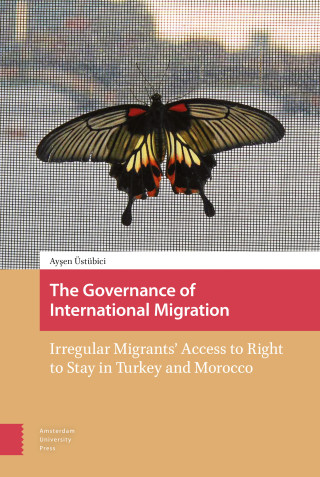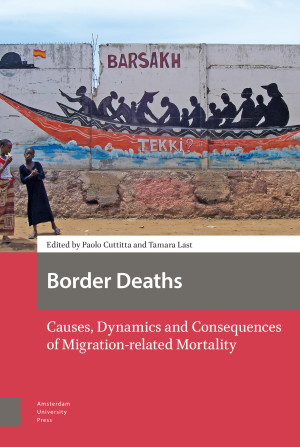Border deaths are a result of dynamics involving diverse actors, and can be interpreted and represented in various ways. Critical voices from civil society (including academia) hold states responsible for making safe journeys impossible for large parts of the world population. Meanwhile, policy-makers argue that border deaths demonstrate the need for restrictive border policies. Statistics are widely (mis)used to support different readings of border deaths. However, the way data is collected, analysed, and disseminated remains largely unquestioned. Similarly, little is known about how bodies are treated, and about the different ways in which the dead - also including the missing and the unidentified - are mourned by familiars and strangers. New concepts and perspectives contribute to highlighting the political nature of border deaths and finding ways to move forward. The chapters of this collection, co-authored by researchers and practitioners, provide the first interdisciplinary overview of this contested field.

